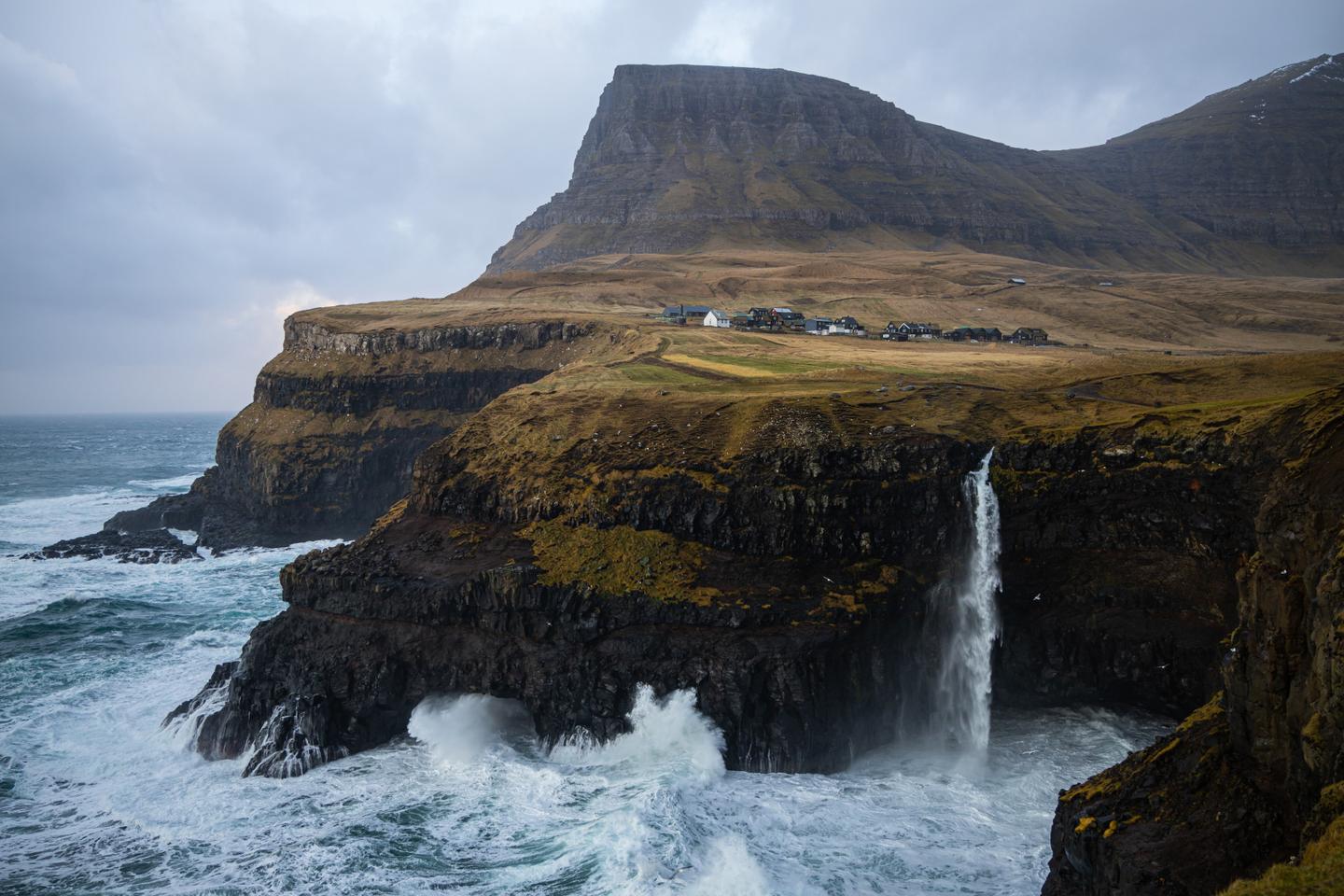

The Faroe Islands, an archipelago situated between Iceland and Norway, has experienced a significant surge in tourism over the past decade. Local residents are expressing mixed feelings about the impact of this influx on their traditional society. While some see the economic benefits, others are concerned about the potential erosion of their culture and lifestyle, drawing lessons from Iceland's past tourism boom which led to environmental degradation and cultural dilution [29ffa9f6].
In light of these concerns, the Faroe Islands are actively engaging in discussions about how to manage tourism sustainably. The government is considering measures to balance the economic advantages of increased visitor numbers with the preservation of local traditions and the environment. This ongoing debate among residents highlights the complexities of welcoming tourists while maintaining the integrity of their society [29ffa9f6].
As the archipelago looks to the future, the lessons learned from Iceland serve as a cautionary tale. The Faroe Islands aim to implement strategies that will allow them to benefit from tourism without compromising their unique cultural identity and natural landscapes. This careful approach reflects a broader trend among small island communities grappling with the challenges posed by a rapidly growing tourism sector [29ffa9f6].
Simultaneously, the Faroese fisheries management framework for 2024 emphasizes sustainability, economic efficiency, and the impact on local communities. Vessel ownership is central to this framework, with large companies like Varðin, Framherji, and JFK & Næraberg dominating quotas. Independent operators face limited access, raising concerns about equitable distribution of resources [c1f6af8b].
An intricate quota leasing system exists, creating employment opportunities in coastal regions through these larger companies. Measures to support small-scale fishers include reserved quotas and the use of environmentally friendly gear. Species-specific quotas for cod, haddock, saithe, and mackerel are enforced, alongside advanced monitoring systems for bycatch management [c1f6af8b].
The fishing sector is vital for the Faroese economy, primarily exporting to the EU, Russia, and Asia. However, challenges such as fluctuating market prices and operational costs persist. Future measures may include capping quota ownership per company and enhancing technological investments, while ongoing international cooperation aims to solidify access agreements [c1f6af8b].